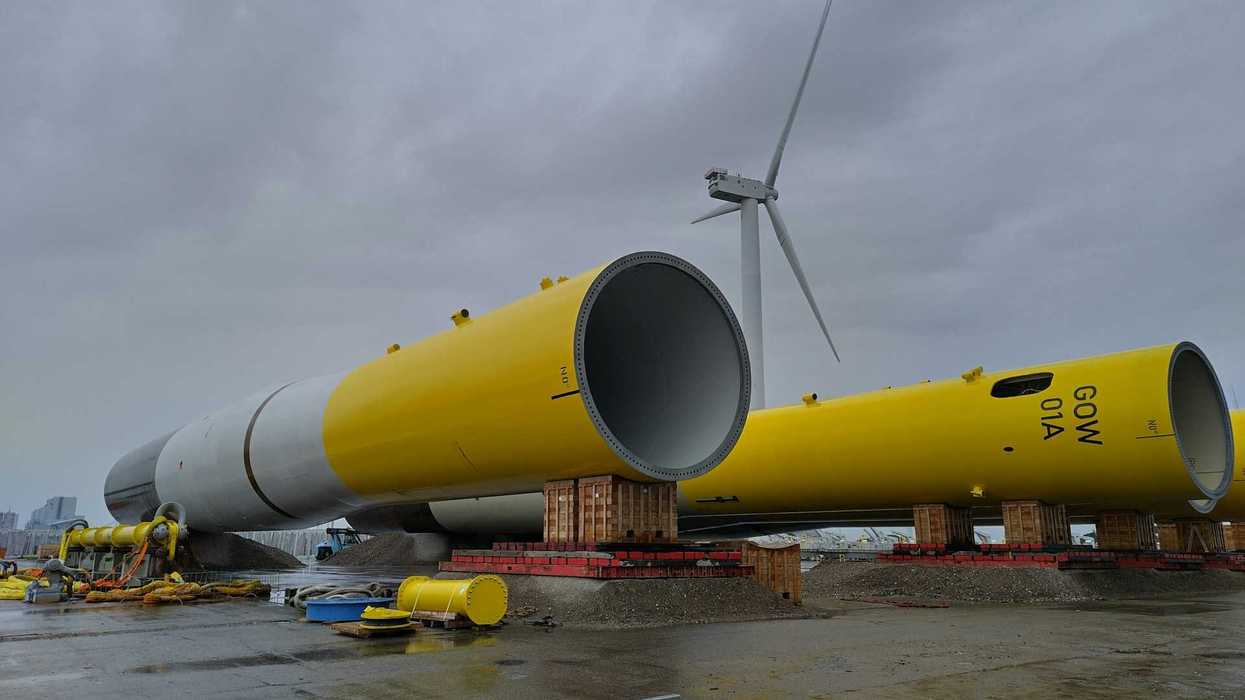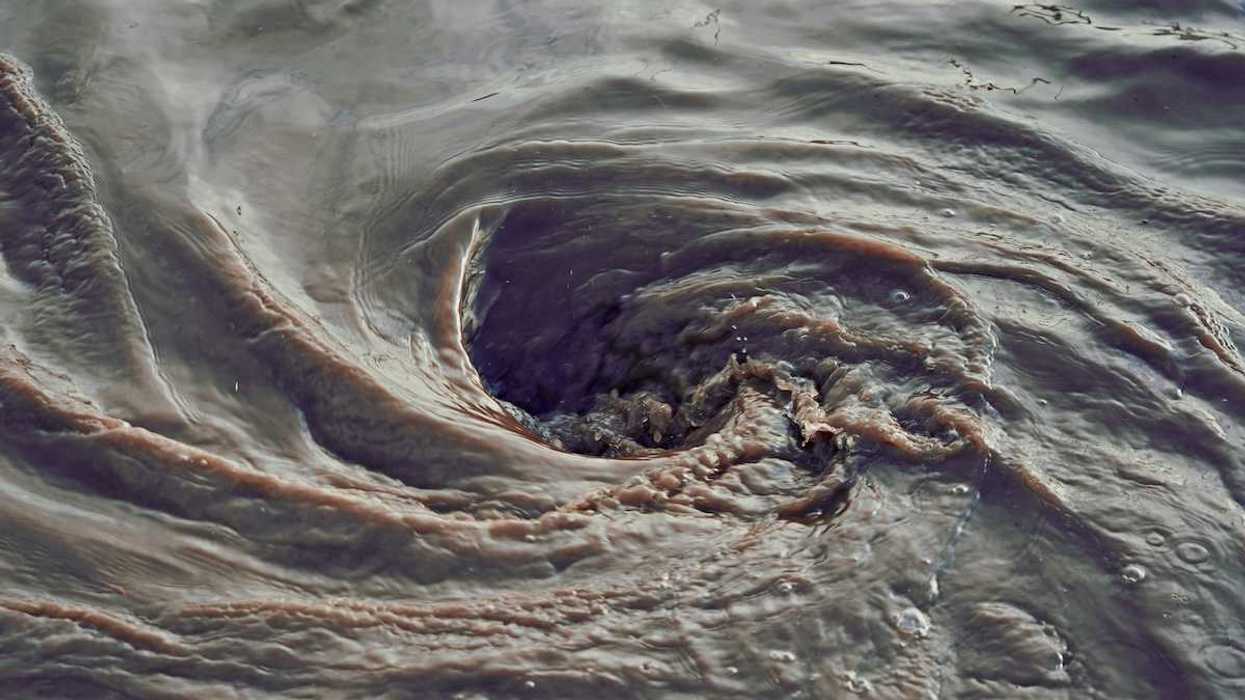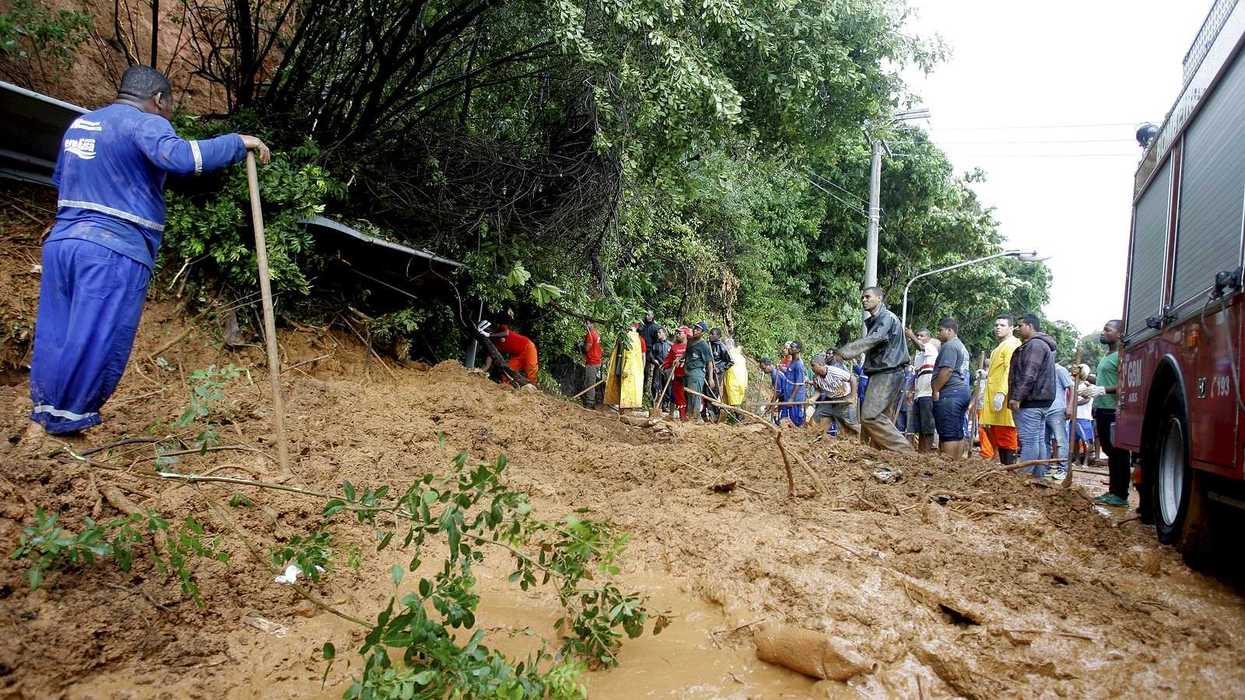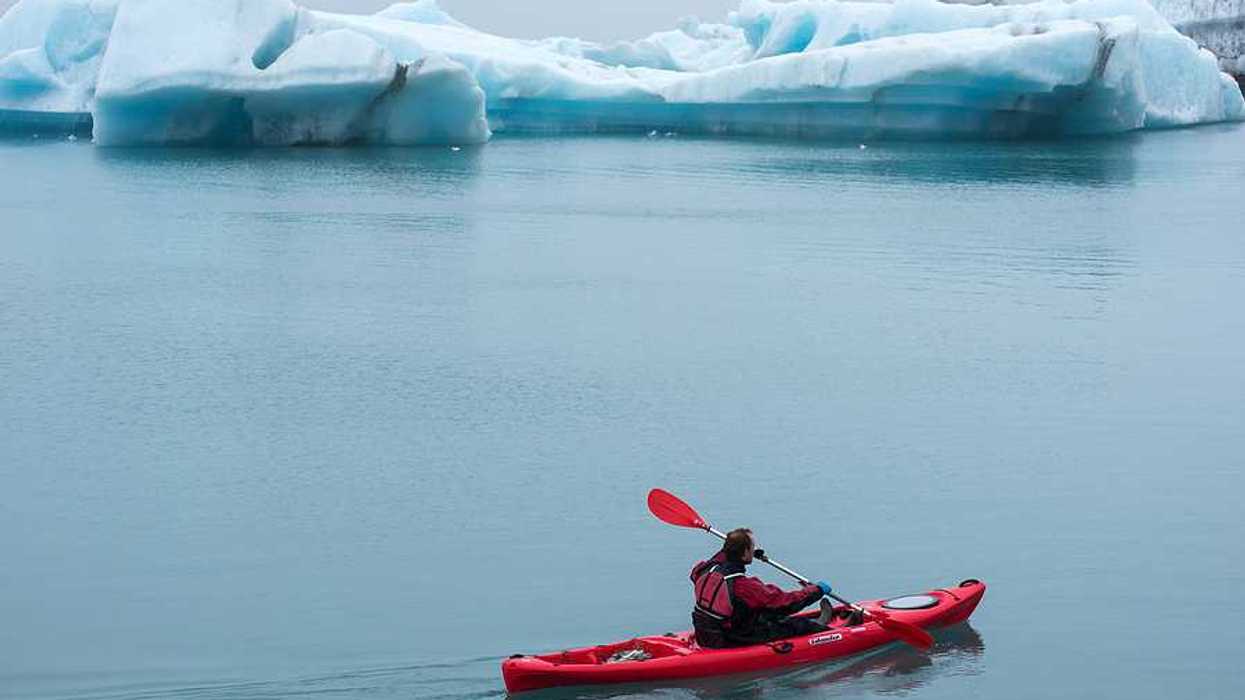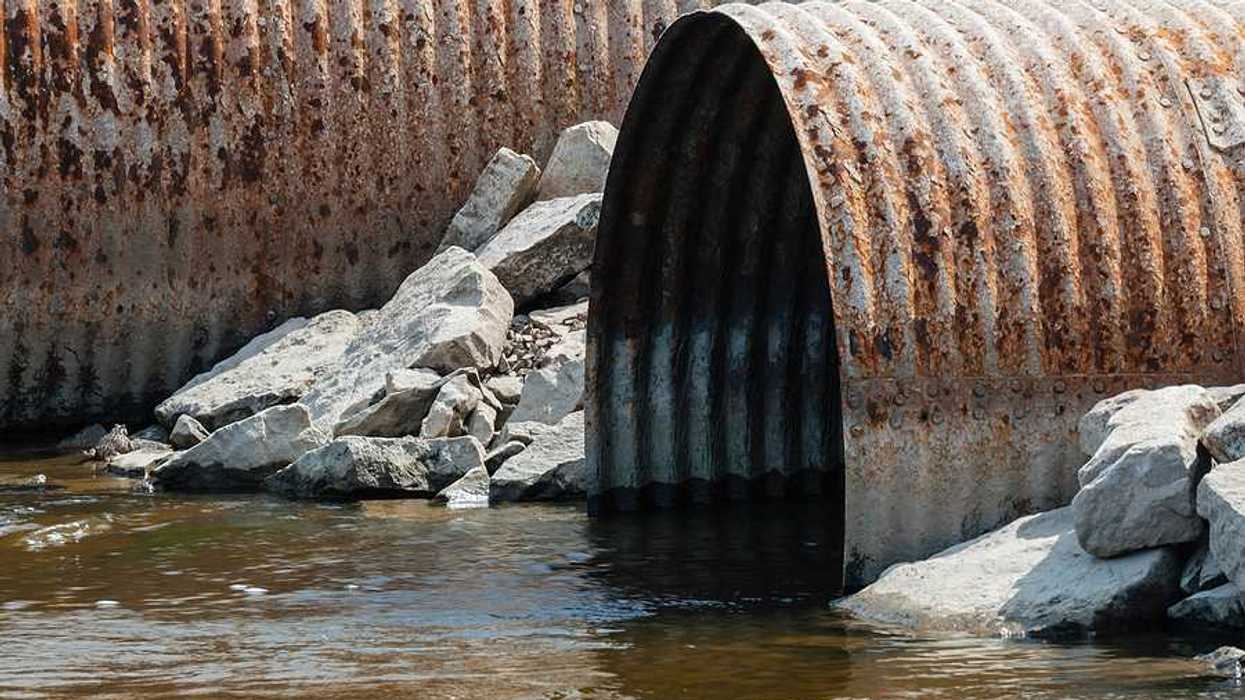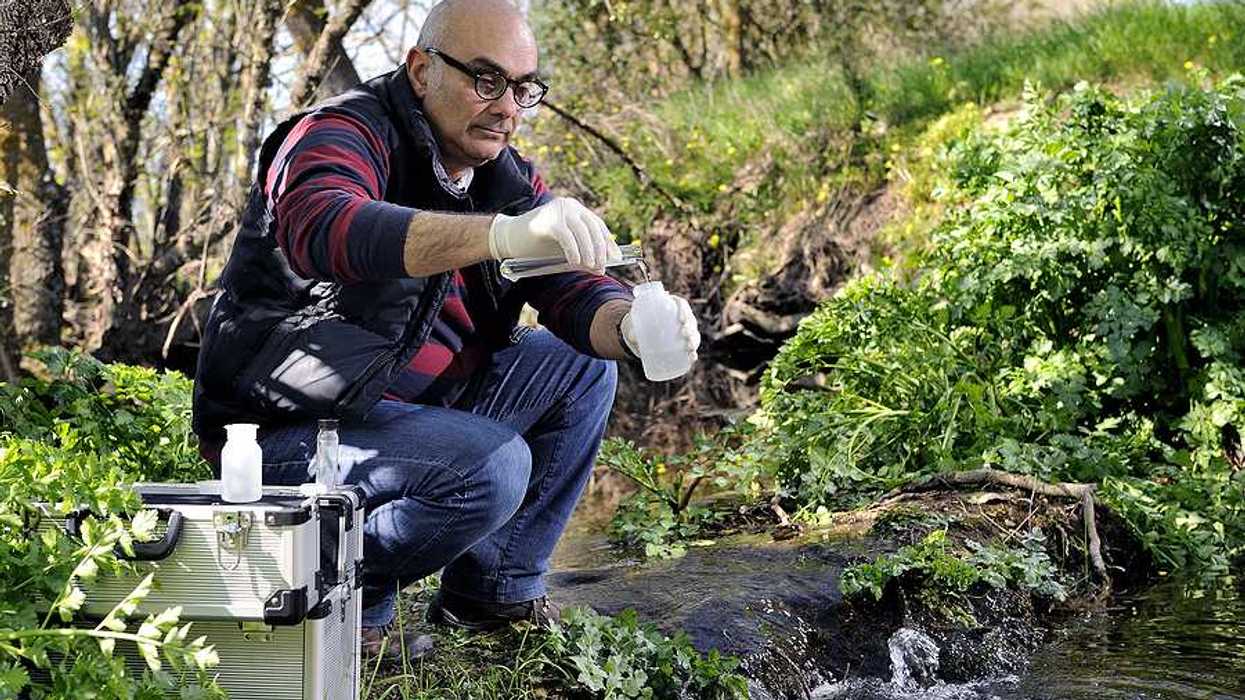A global treaty to safeguard marine life beyond national borders remains stalled, as only 14 of the 60 required nations have ratified it, threatening efforts to protect ocean ecosystems.
Teresa Tomassoni reports for Inside Climate News.
In short:
- The High Seas Treaty, adopted by the UN last year, requires 60 countries to ratify it to go into effect but has only been ratified by 14 so far.
- Covering two-thirds of the ocean, the high seas host critical ecosystems that regulate climate and support diverse marine life, yet only 1% of these waters are protected.
- The treaty aims to ensure equitable access to marine genetic resources and establish marine protected areas to curb biodiversity loss and combat climate change.
Key quote:
“We are not going to be able to protect 30 percent of our oceans without BBNJ.”
— Maisa Rojas, Chile’s minister for the environment.
Why this matters:
The high seas play a critical role in regulating the planet’s climate and house unique ecosystems vital to biodiversity. Ratifying the treaty could protect vulnerable marine life and promote equitable resource use, but delays risk irreversible environmental harm.
Read more: Navigating the complex waters of ocean protection and profit


